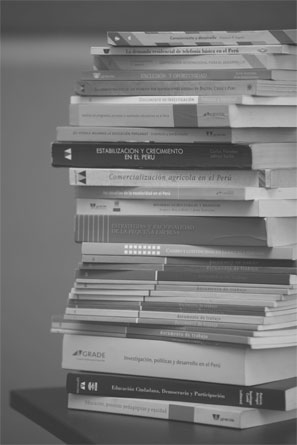
Determinants of embodied technology transfer from stars to firms
Knowledge transfer in biotechnology in Japan: comparative institutional context and commercial success
| Año | : | 2000 |
|---|---|---|
| Autor/es | : | Lynne Zucker, Michael Darby, Máximo Torero |
| Área/s | : | Empleo, productividad e innovación |
[2000] ZUCKER, Lynne; DARBY, Michael; TORERO, Máximo. «Determinants of embodied technology transfer from stars to firms». En: ZUCKER, Lynne; TAKAHASHI, Takuma; DARBY, Michael R. Knowledge transfer in biotechnology in Japan: comparative institutional context and commercial success. Cambridge, MA: NBER; University of Chicago Press.
The initiation of collaborative work with a firm by an academic star scientist discovery has many of the aspects of taking on a second job, or in rare instances changing full-time employment from university to firm. Applying a model of job mobility, we explain the probability that a previously untied academic star will start working with a firm as a function of measures of the star’s scientific quality, factors affecting trial frequency and the scientists’ reservation wage, and interfering university offers.
The main results show that productivity as measured by articles published, the number of local firms and top quality universities, and the mobility of star scientists among academic appointments are the main variables explaining the probability of a star scientist beginning to work with a firm for the first time.
Unlike our U.S. Results, the average number of citations per article is not important in explaining starting to work with a firm. This difference may be due to our use of a U.S. -oriented citation index which may underestimate the importance of Japanese articles.





